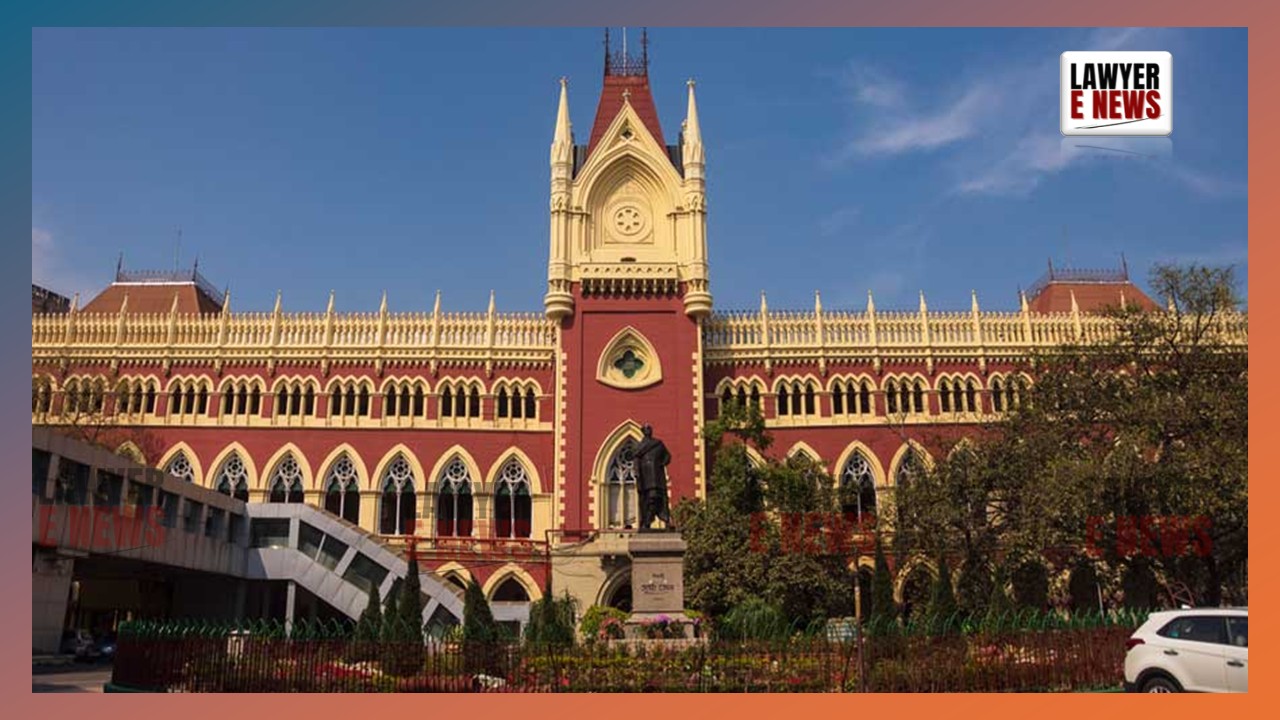-
by Admin
15 February 2026 5:35 AM



High Court affirms that ₹32.42 crores received by ITC Limited from ELEL is a revenue receipt linked to business operations.
The Calcutta High Court, in a significant judgment, has ruled that the sum of ₹32.42 crores received by ITC Limited from ELEL Hotels & Investments Limited should be classified as a revenue receipt, rather than a long-term capital gain. This ruling was delivered by a bench comprising Justices Surya Prakash Kesarwani and Rajarshi Bharadwaj, emphasizing the nature of the operating license agreement between the parties as a trading contract.
The case pertains to the assessment year 2006-07, during which ITC Limited disclosed an income of ₹3040.47 crores. A key point of contention was the classification of ₹32.42 crores received from ELEL under a settlement agreement dated May 11, 2005. ITC had treated this amount as a long-term capital gain, while the Assessing Officer classified it as a revenue receipt. The CIT (A) and the ITAT upheld ITC’s classification, leading the revenue authorities to appeal before the High Court.
The court analyzed the operating license agreement dated May 3, 1986, between ELEL and ITC, which allowed ITC to operate the SeaRock Hotel, owned by ELEL, in exchange for a license fee based on the hotel’s gross turnover. ITC was responsible for all operational expenses, including staff salaries. The court noted that this agreement was a business contract aimed at generating operational revenue for ELEL through ITC’s management of the hotel.
The court concluded that the settlement amount of ₹32.42 crores was received as part of terminating a business contract, not for relinquishing a capital asset. “The settlement agreement and the consent terms primarily aimed to resolve all disputes and claims arising from the operating license agreement, making the received amount a revenue receipt,” the court stated.
The judgment drew from various legal precedents to distinguish between compensation for the termination of business contracts and compensation for the loss of capital assets. The court referenced landmark cases, such as Kettlewell Bullen & Co. Ltd. Vs. Commissioner of Income Tax and Rai Bahadur Jairam Vaiji & Others vs. Commissioner of Income Tax, to support its conclusion that payments related to business contract terminations are revenue receipts.
Justice Surya Prakash Kesarwani remarked, “The termination of the operating license agreement and the payment of ₹32.42 crores by ELEL to ITC was a revenue receipt in the hands of ITC and not a capital receipt. Consequently, it formed part of the total income of ITC.”
The Calcutta High Court’s decision highlights the importance of accurately classifying receipts from business contracts in tax assessments. By affirming that the ₹32.42 crores received by ITC was a revenue receipt, the judgment clarifies the treatment of similar business settlements, reinforcing the principles governing revenue and capital receipts.
Date of Decision: June 27, 2024
